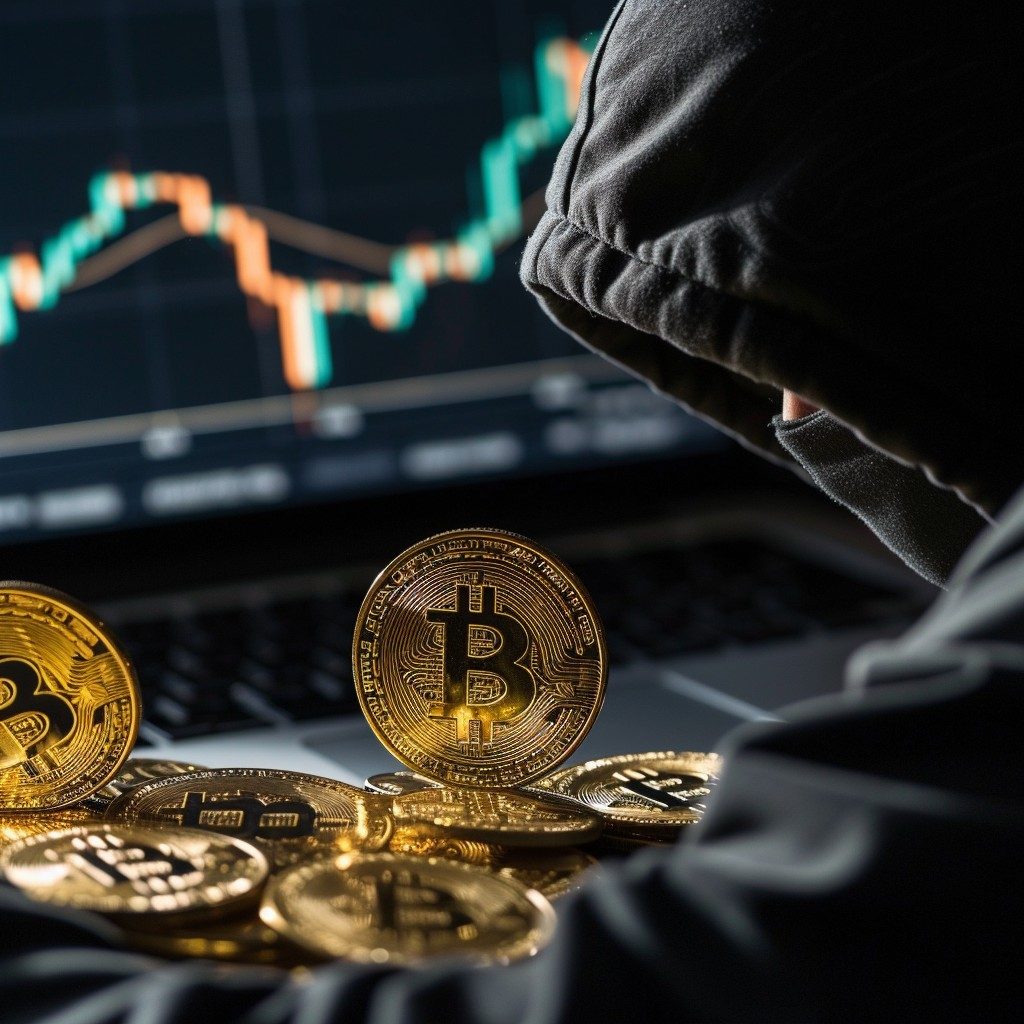The United States Department of Energy (DOE) has announced a new directive for cryptocurrency miners to report their energy consumption. This move comes in the wake of a significant rise in Bitcoin prices, prompting concerns over the crypto-mining sector’s potential surge in electricity usage. Starting next week, miners must provide detailed information about their energy consumption over the ensuing six months, as per the instructions from the U.S. Energy Information Administration (EIA), a statistical wing of the DOE.
Regulatory efforts to gauge mining’s energy impact
This latest initiative by the DOE to monitor energy usage among crypto miners is part of a broader strategy to address environmental concerns associated with the industry. The survey, sanctioned by the Office of Management and Budget, seeks to understand the changing dynamics of energy demand in cryptocurrency mining, pinpoint regions of significant growth, and assess the types of electricity sources utilized. The move is in line with the United States’ efforts to regulate the crypto mining industry, especially after becoming a global leader post-China’s mining ban. With the environmental footprint of crypto mining under increasing scrutiny, both Congress and the EPA have been called upon to investigate the sector’s impact on energy use and fossil fuel emissions.
The environmental debate and future outlook
The environmental implications of Bitcoin mining have been a focal point of debate, with the sector’s electricity consumption reaching new heights. Last year, global Bitcoin mining activities consumed an estimated 121.13 terawatt-hours of electricity, a figure that not only sets a new record but also surpasses the energy usage of entire countries like Belgium. Forecasts by the International Energy Agency (IEA) suggest that this number could escalate to 160 terawatt-hours by 2026, highlighting the urgent need for sustainable mining practices.
In response to these environmental challenges, proposals have been put forward, including President Joe Biden’s suggestion of implementing a 30% tax on the electricity costs of crypto miners. This policy aims to mitigate mining activities and encourage the adoption of more energy-efficient practices within the industry. As the DOE embarks on this data-gathering mission, the insights gained will likely shape the future regulatory landscape for cryptocurrency mining, steering it towards a more sustainable and environmentally friendly direction.





